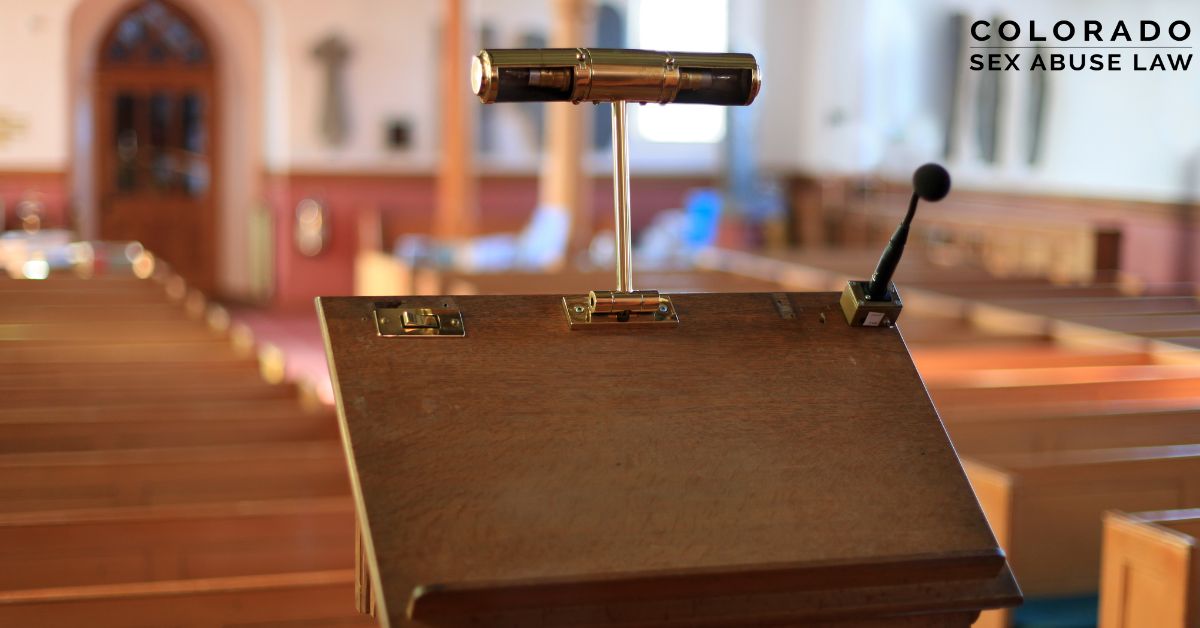Sexual abuse is a heinous crime that can have long-lasting effects on the survivors. When the abuser is a clergy member, it can be especially difficult for survivors to come forward and seek justice. Survivors may be afraid of retaliation or no one believing them. What's more, being abused by someone we are meant to view as a moral example can be a life-shattering experience that many people find difficult to process, much less discuss.
Below, we will explain who can be held liable in a clergy sexual abuse case in addition to the perpetrator. We will also explore the legal options available to survivors of sexual abuse committed by members of the clergy.
A Church and Its Leadership Can Face Legal Responsibility for Acts of Abuse Committed by Clergy
An organization like an archdiocese, diocese, or bishop, as well as other individuals, may be held legally responsible for sexual abuse committed by clergy.
This is because these organizations often fail to take steps to prevent sexual abuse from happening or to protect potential victims and hold perpetrators accountable. For example, they may allow known predators to continue working with children or fail to investigate sexual abuse allegations properly.
As a result, sexual abuse survivors may be able to file a lawsuit against the organization or individuals responsible for the abuse. This can help them get justice and compensation for their suffering.
Options for Survivors of Clergy Sexual Abuse
If you or a loved one has been sexually abused by a member of the clergy, there are ways for you to seek compensation.
Compensation Funds From the Church
Some survivors may choose to accept compensation funds from dioceses and archdioceses. These funds were created by the Catholic Church in many parts of the U.S. in response to the award-winning exposé published by the Boston Globe in 2002. Among many disturbing discoveries, this report revealed that Church leadership often played a part in covering up abuse, transferring "problematic" priests from one parish to another, rather than solving issues to prevent abuse.
Perhaps the biggest downside of accepting a compensation fund is that the survivor typically must sign a release that bars them from filing civil lawsuits over the abuse in the future. This is not the ideal situation for all survivors. Additionally, these compensation programs are not available everywhere.
Filing a Lawsuit
If you are a survivor of clergy sexual abuse, you may be able to file a lawsuit against the perpetrator, as well as any organization or individuals who enabled the abuse. An experienced sexual abuse survivors lawyer can help you understand your rights and options under the law. They can also help you get the compensation and justice you deserve.
If you would like to learn more about your legal options, we encourage you to contact us for a free, no-obligation consultation. Our attorneys at Colorado Sex Abuse Law would be honored to help you on your journey to healing and justice.


